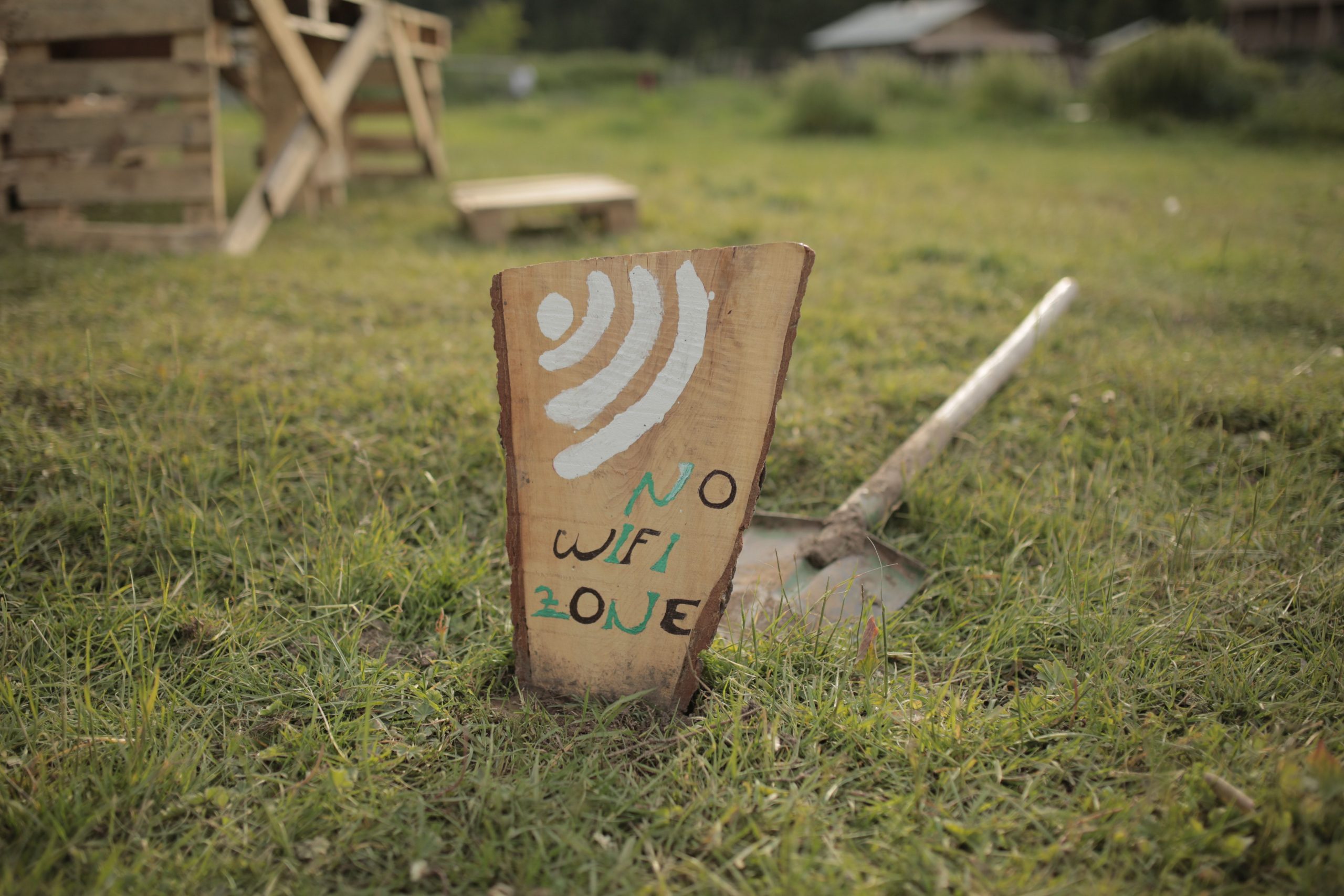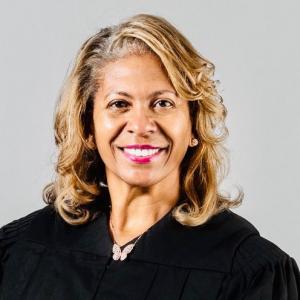The conversation around net neutrality is back again in the United States as Democrat lawmakers attempt to pass a piece of legislation that will protect consumers and regulate the behaviours of Internet service providers by bringing them under the jurisdiction of the Federal Communications Commission.
Also Read: What is the Net Neutrality and Broadband Justice Bill?
Simply put, net neutrality is the concept that the Internet should be free of the influences of companies providing it as a service as well as being neutral and not preferring specific regions or localities over others for the sake of profit.
The point of the concept is that ISPs don’t throttle or block access for some users while prioritising others. Without net neutrality, ISPs have free hand to charge a premium on different tiers of service, throttle internet traffic as well as block access from specific services.
Conversations regarding net neutrality haven’t been restricted to just the U.S. however. Other countries where governments have attempted to regulate or have successfully regulated ISPs are India, Brazil, Phillipines, Canada, Chile, Netherlands, Singapore as well as the European Union.
The concept has been around since the 90s. Up until 2015, Internet access and broadband services were considered to be Title I services, which lack the strict oversight that the FCC maintains over Title II services under the Telecommunications Act of 1996.
In 2015, following several court battles between ISPs and the FCC, the Barrack Obama administration-backed regulator revised its rules. The FCC passed the Open Internet Order changing the classification of ISPs from Title I to Title II. Internet access providers like Verizon, AT&T and Comcast were against the new rules.
In 2017, the FCC, which now had a Republican majority repealed the Open Internet Order led by the chairman of the FCC, Ajit Pai, a Trump elect who described the regulations as “heavy-handed.”
Following Joe Biden’s victory in the presidential elections in 2020, Pai stepped down from the FCC the day that the incoming president was set to take office.
Also Read: House Democrats introduce new Net Neutrality Bill
In July 2021, Joe Biden signed a sweeping executive order called the “Promoting Competition in the American Economy” which had many provisions for net neutrality. Biden’s pick for the acting chairman of the FCC, Jessica Rossenworcel a strong proponent of net neutrality, has been stalled for the last 500 days as the FCC is split 2-2 on party lines and the Senate has not yet moved to approve the appointment.







